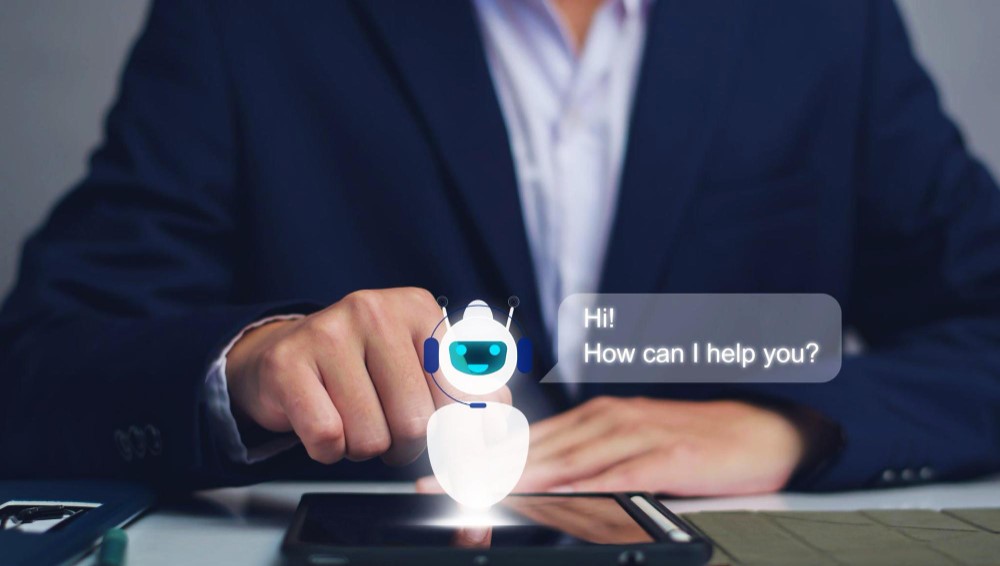The modern recruitment landscape is undergoing a significant transformation, driven by the increasing adoption of artificial intelligence (AI) tools. These tools promise to streamline the hiring process, improve efficiency, and identify top talent. However, concerns remain about potential biases and the human element being lost in the equation.
This blog delves into the pros and cons of AI recruitment tools, offering a balanced perspective on their impact on the hiring process.
The Rise of AI in Recruitment
The use of AI in recruitment has witnessed significant growth in recent years. A 2022 report by Gartner predicts that by 2025, 70% of organizations will be leveraging AI for talent acquisition activities, highlighting its growing influence.
AI tools are employed in various aspects of recruitment, including:
- Candidate screening: AI algorithms can analyze resumes and cover letters, identifying keywords and skills relevant to the job description. This helps shortlist qualified candidates, saving recruiters valuable time.
- Chatbots: AI-powered chatbots can answer basic candidate questions, schedule interviews, and provide information about the company culture, improving the candidate experience.
- Video interviews: AI can analyze video interviews, assessing factors such as communication skills and cultural fit, reducing the reliance on subjective human evaluation.
The Pros of AI Recruitment Tools
Check out the advantages you can bag from the AI recruitment tool:
1. Increased Efficiency and Time-Saving:
- AI can automate many time-consuming tasks, allowing recruiters to focus on more strategic aspects of the hiring process, such as building relationships with candidates and conducting in-depth interviews.
- According to a 2023 study by the Society for Human Resource Management (SHRM), 63% of HR professionals believe AI tools have helped them spend less time on administrative tasks.
2. Potential for Reduced Bias:
- AI tools can be programmed to focus solely on job-related criteria, potentially mitigating the impact of unconscious bias that may affect human recruiters.
- However, it’s crucial to acknowledge that bias can still be embedded in the data used to train AI algorithms, necessitating careful monitoring and ethical considerations.
3. Improved Candidate Experience:
- AI-powered chatbots can provide 24/7 support to candidates, answering initial questions and streamlining the application process.
- Faster response times and efficient communication can enhance the overall candidate experience, fostering a positive employer brand.
The Cons of AI Recruitment Tools
Listed below are the disadvantages one might encounter while dealing with an AI recruitment tools:
1. Potential for Bias:
- As mentioned earlier, AI algorithms trained on biased data can perpetuate discriminatory practices.
- For example, if an AI tool is trained on resumes that primarily feature candidates from a specific demographic, it may favor candidates who fit that profile in the future, even if they are not the most qualified.
2. Lack of the Human Touch:
- AI tools cannot replicate the human ability to assess soft skills, cultural fit, and personality.
- Relying solely on AI for candidate selection might overlook valuable qualities that contribute to a successful hire.
3. Ethical Concerns:
- The use of AI in recruitment raises ethical concerns about transparency, explainability, and data privacy.
- Candidates deserve to understand how AI is used in the selection process and how their data is being handled.
The Way Forward: A Balanced Approach
AI presents compelling opportunities to improve the efficiency and fairness of the recruitment process. However, it should be seen as a tool to augment human decision-making, not replace it.
To ensure ethical and effective use of AI in recruitment, organizations should:
- Carefully select and train AI tools: Choose tools that are developed with bias mitigation in mind and trained on diverse datasets.
- Maintain human oversight: Utilize AI for initial screening and candidate selection assistance, but involve human recruiters in the final decision-making process.
- Prioritize transparency and explainability: Be transparent with candidates about how AI is used in the selection process and ensure they understand their rights regarding data privacy.
Conclusion
By adopting a balanced and ethical approach, AI can become a valuable tool in building a more efficient, diverse, and positive recruitment experience for both organizations and candidates.

